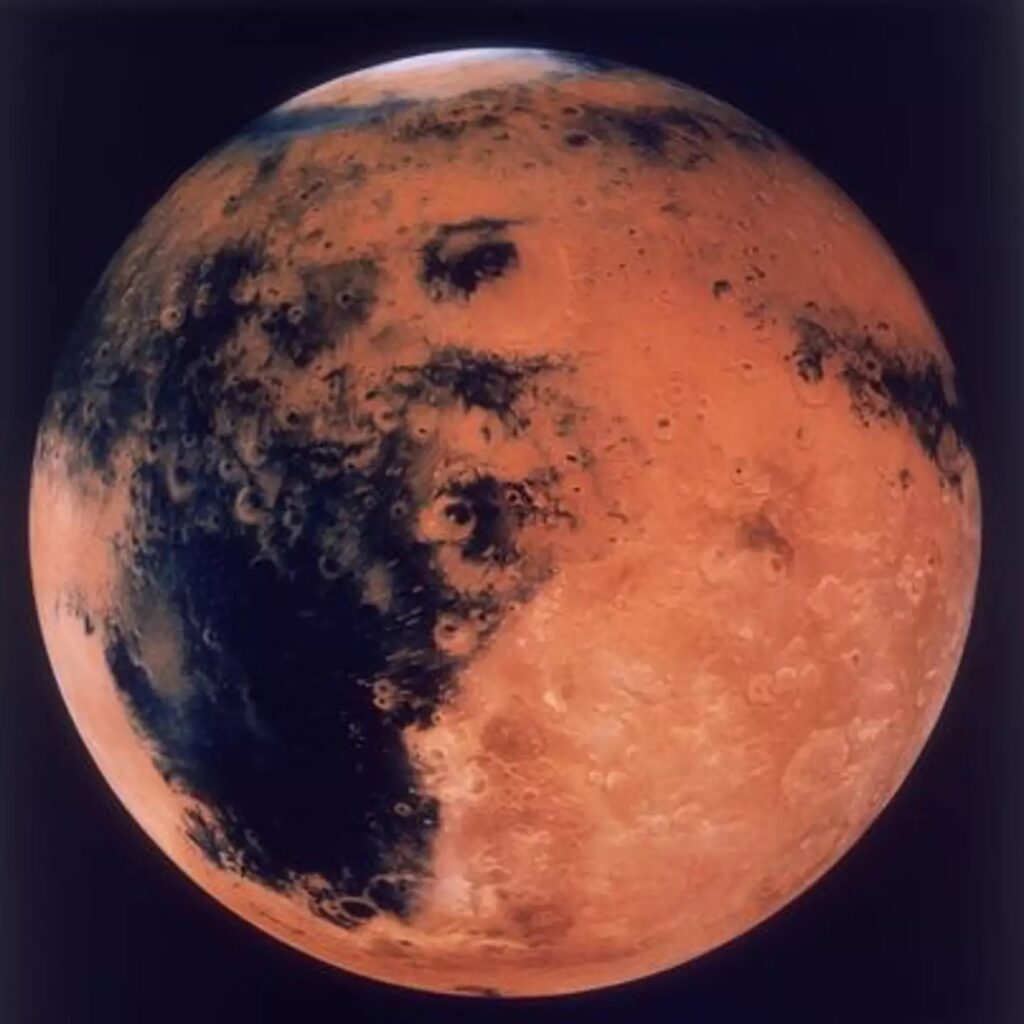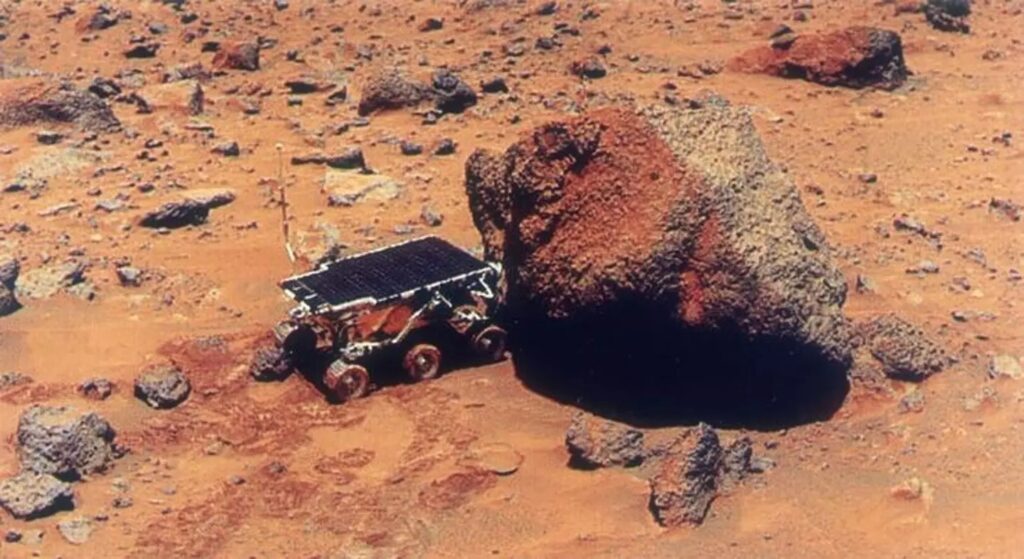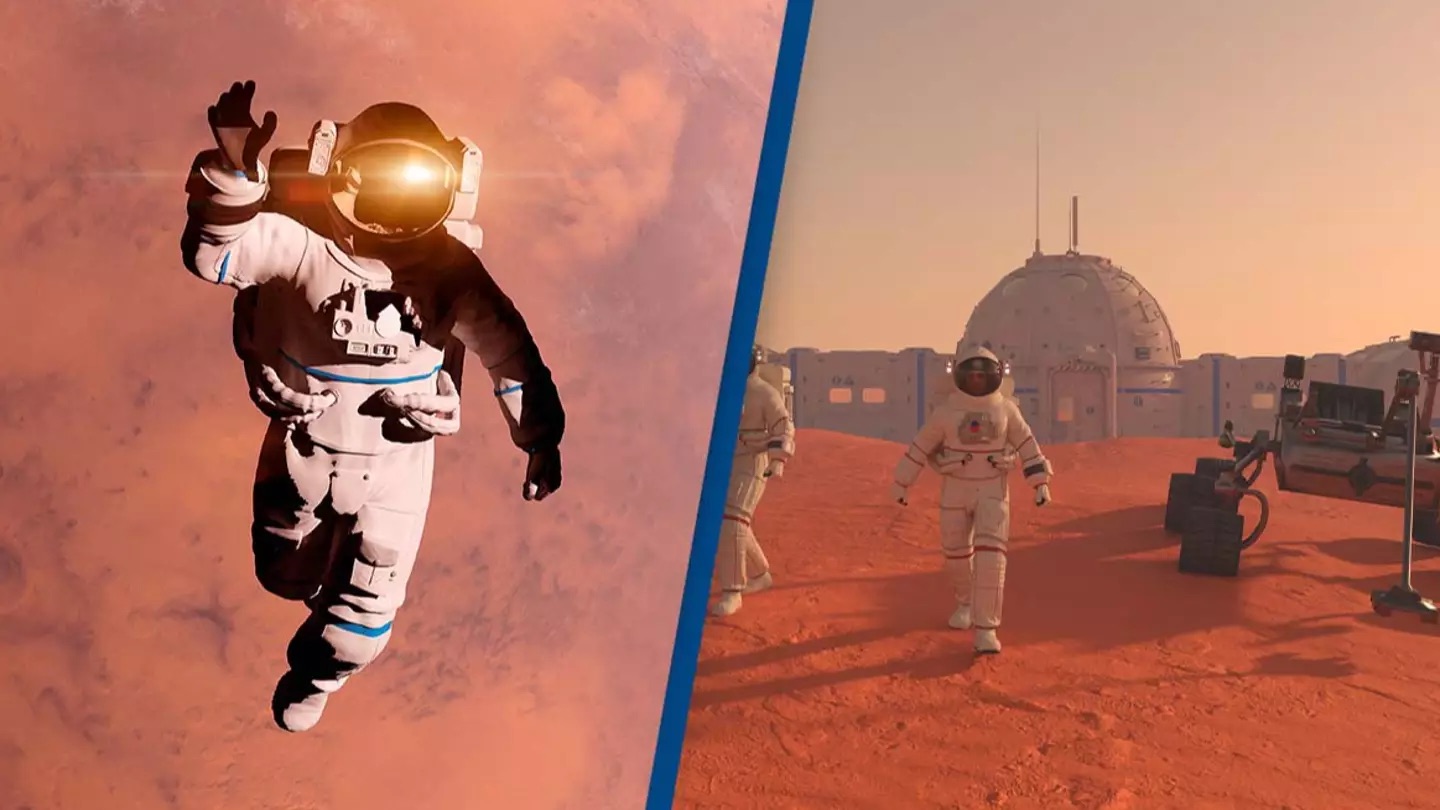Recent findings from a study suggest that efforts to send humans to Mars could face obstacles due to the health risks posed by prolonged exposure to space conditions. Despite Elon Musk’s optimism about Mars missions within two decades, the research raises concerns.
It highlights that microgravity and galactic radiation have adverse effects on the body, particularly on the kidneys, which showed signs of shrinkage after just weeks in space. This poses a significant challenge to the plans of SpaceX and NASA for crewed missions to Mars in the foreseeable future.

According to the study, precautions must be implemented to safeguard vital organs like the kidneys and prevent potential long-term health issues for astronauts. Dr. Keith Siew, the study’s lead author, explained to The Independent that while health problems such as kidney stones have been observed in astronauts during relatively short space missions, the specific causes remain unclear, and the ramifications of longer Mars missions are uncertain.
Without developing new methods to shield the kidneys, the author suggests that astronauts returning from Mars missions may require dialysis. It is crucial for scientists to continue exploring innovative approaches to address the challenges associated with human space exploration, prioritizing the safety and health of astronauts.

The study revealed that radiation-induced kidney damage may manifest only when it is too late to prevent complete failure, posing a potential threat to the success of a Mars mission. Nonetheless, experts propose that technological or pharmaceutical interventions could be developed to protect astronauts, rather than solely relying on shielding.
This could enable longer space missions as astronauts venture farther from Earth. Scientists need to persist in researching solutions to mitigate health risks associated with space travel, while also deepening our understanding of the distinct challenges presented by exploration beyond our planet.
